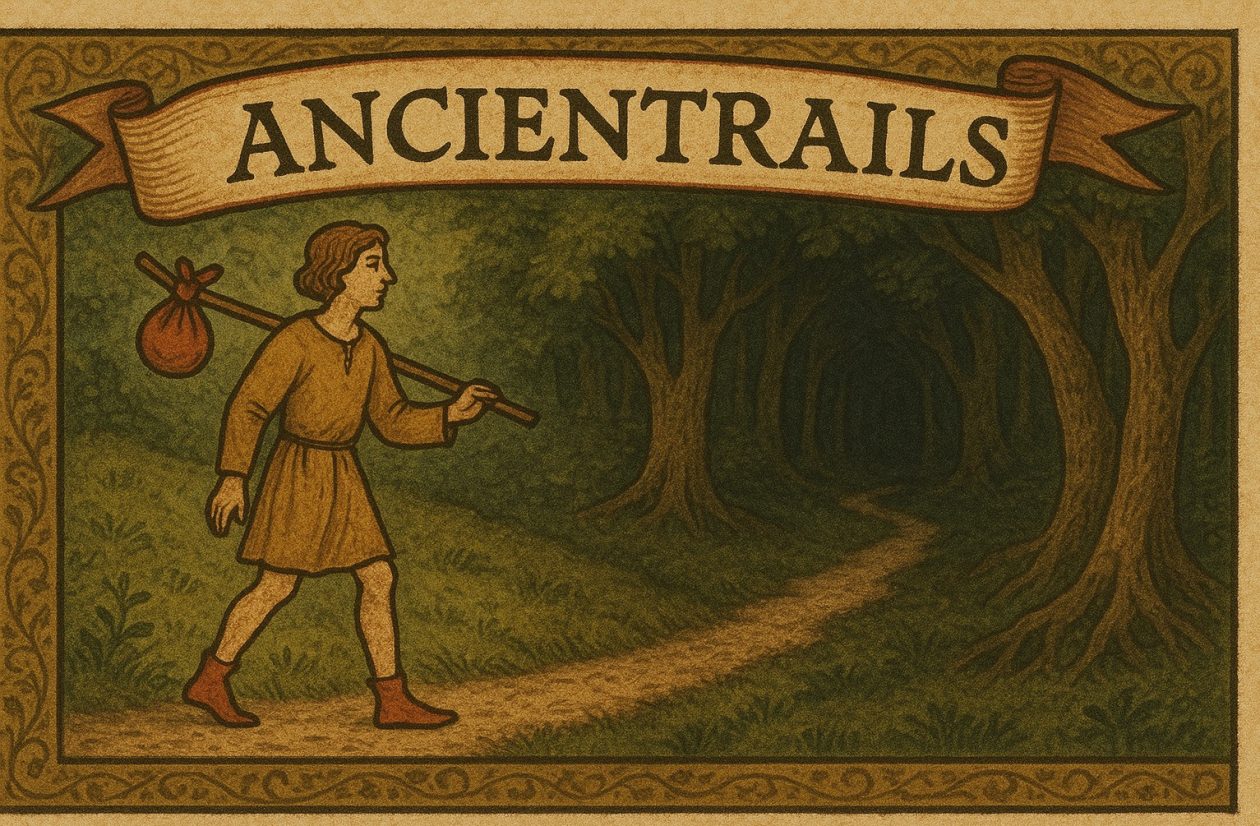Spring Waxing Flower Moon
The new dog food must be a mistake. The whippets did not eat at all this morning, the big dogs ate little. Hilo (our smallest whippet) is in her crate with what I take to be a belly ache since she doesn’t look seriously ill. How do I know? Well, I don’t really, but I’ve seen multiple dogs in extremis over the years and she just doesn’t look like one. I diagnose it to be a tummy revolt against the salmon and sweet potato I found so alluring. I bought six bags at 35 pounds a bag.
As any good chef, if the public refuses to eat the food I’ve chosen, I have to have a different menu selection. In this case it will be food they’ve always liked. Off to Costco. Oh, and I can get that salt for the water softener, too.
Leeks, basil, thyme, fennel, marigolds, lettuce and oregano starts sit in the front yard right now, still in the cardbox carriers Mother Earth Gardens gave me for them. Later today, in the mid-afternoon, when it warms up into the high 50’s, I’ll continue planting this year’s garden.
The leeks especially excite me because I want to learn how to grow this delectable vegetable. It is, after all, the crown vegetable of Wales. By that I mean Welsh soldiers would often wear a leek stuck in their hats. No, I don’t know why, but the leek and Wales have a long standing relationship. The ancestry I can trace most clearly is Welsh; I can put us in 17th century Denbigh, so I gotta learn how to grow leeks. Besides, I really like them. Their delicate onion like flavor is great in soups and wonderful as an addition to vegetable dishes, too.
Welsh Leek on Reverse of 2008 Proof Gold One Pound Coin
Also Used in 1985 & 1990
The time while Kate’s been gone has been busy even adventure packed, though all the adventures were domestic in nature: hiving bees, doing the complete reversal on the over-wintered colony, buying vegetables and herbs, dogs and their diet and today–the garden.
Forgot to mention something that warmed my heart yesterday. I called Kate yesterday and she put Ruth (granddaughter) on the phone. Ruth told me she was about to go gymnastics and a few other things even Grandpop’s good ear couldn’t grasp through cell phone reception and voice quality. When she gave the phone back to Kate unexpectedly, I told Kate to tell Ruth I loved her. Kate told her. Over the phone came a loud and confident, “I know.” Gossh.
Also, while on the drive out to Nature’s Nectar yesterday I began to analyze my feelings when I get under pressure. I had a bit of those feelings then and noticed a faint, dull ache in my lower left abdomen. To make it feel better I could tell my body wanted to lean forward and down, then to bow my head. Oh. Shame. Explained a lot. Somehow either pressure triggered shame or shame triggered pressure, perhaps both. So, when did I remember shame and pressure together?
When I was maybe 12 or 13, the Ellis family had moved from rental quarters on East Monroe Street into our first home purchased with a mortgage, and our last for that matter. This house, 419 N. Canal, has that magical valence that home has. It also had a basement that flooded during heavy rains.
Dad was not a handy man, if anything, he was the anti-handy man. When the basement flooded, his solution was to bail it out with buckets. Yeah, I know, but I’m sure it was the best he could think of at the time or else he considered other solutions too expensive. I don’t know, but I do know I had to join him often at night in the damp to carry buckets of water up from the basement to dump outside. I didn’t like it, hated it in fact.
I couldn’t get away from it though and I remember having more than one fight with him over doing it. That’s the memory I have, the one that came up when I thought about pressure and shame. It was the perfect metaphor, too. Bailing out a flooded basement is what my defensiveness and short-temper try to do when I sense myself backed into a corner. Too much in the id, the just below the mainfloor area in my psyche, needs to get taken out somehow, but I still don’t like the work.
One solution to this, if I can remember it when pressure hits again, is to stand up. I’m an adult now, not a 12 year old and I can make my own choices about bailing the basement. I can choose another option, like, buy a sump pump, put in a drain field, landscape the area around the house so that it slopes away from the foundation. Lots of options. I don’t have to bend over, bow down and be conflicted.
Just to be clear. This is not Dad’s fault. It was the way I responded to what he thought was the best way to handle a difficult situation. One that probably caused him pain and shame, too.
